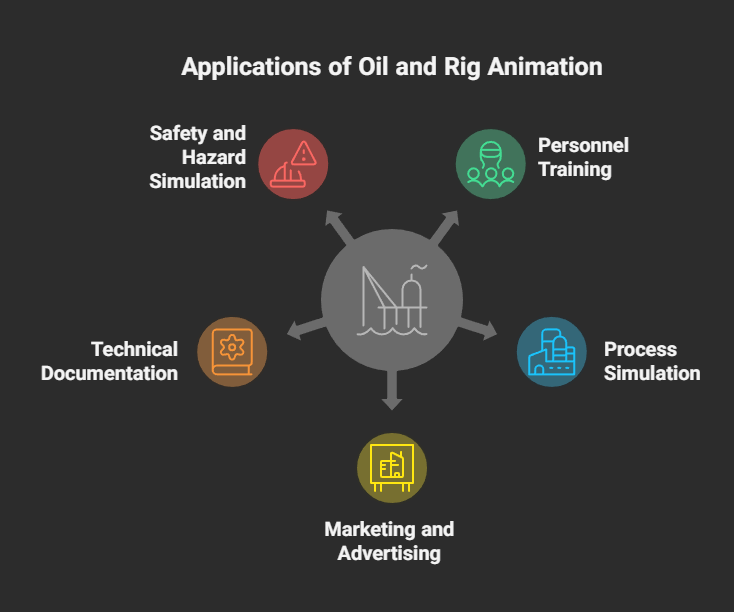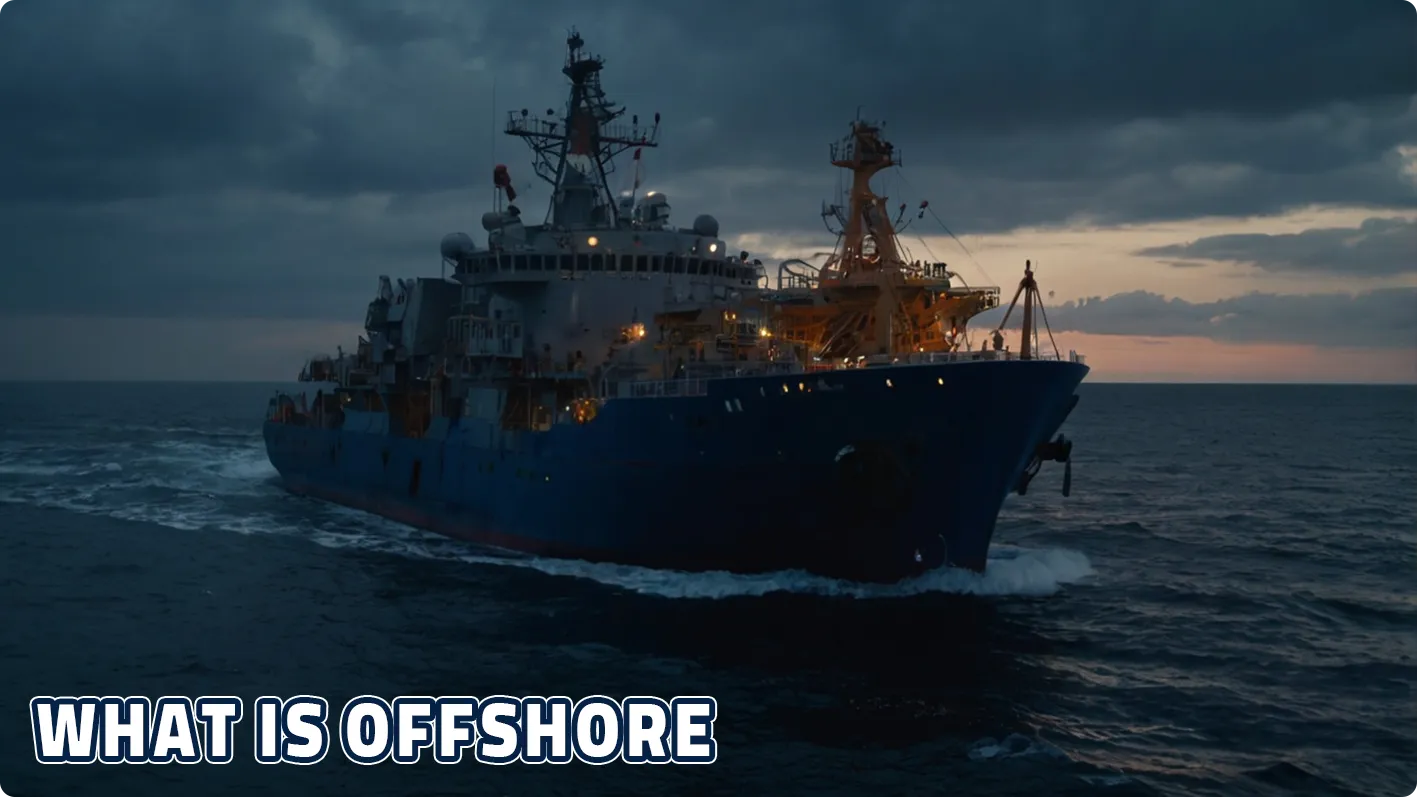Offshore is actually a term with several dimensions and aspects that depend on the context in which it is used and its meaning varies with respect to that work. If we want to give a general definition of the word offshore, we can say that offshore refers to activities, structures or institutions that are carried out outside the borders of a country or in waters far from the coast. For example, we can refer to financial and commercial activities or oil and gas extraction through platforms. We will discuss some of the most common of these terms, definitions and uses below:
Financial and commercial activities:
The first use is actually companies that have been created under the name of offshore companies, which are usually established in countries that pay less tax or do not pay tax at all. The purpose of establishing these companies is to benefit from tax benefits, maintain privacy and facilitate international transactions.
The second case is offshore bank accounts, which are opened in foreign countries with confidential banking laws and high security.
The third case is the registration and purchase of ships and aircraft in these areas, which is done in order to reduce costs and facilitate international operations.
And the last case is offshore investment, in other words, investing in funds or projects that are carried out outside the country of origin.
Offshore oil extraction
Today, oil platforms are used in the oceans to explore and produce crude oil at sea. By drilling at sea, they gain access to crude oil resources under the oceans, and by using developed oil platforms, they provide the possibility of extracting oil from under the oceans. They build platforms on the water and carry out the desired drilling, then replace them with production platforms and begin the process of extracting and producing oil. In this process, offshore oil reserves are found and extracted.

Offshore Natural Gas Extraction Process
Another application of offshore platforms is for underwater exploration for the production of natural gas. In this process, like oil extraction, drilling platforms are built and created, and after the drilling phase is completed, production platforms are replaced and the extraction process begins.
Construction of offshore structures:
Offshore structures are structures that are built in waters far from the coast, such as wind platforms for generating electricity, loading and unloading terminals, and submarine pipelines for transporting oil and gas.
offshore transportation:
In offshore services, marine transportation refers to services provided to ships and other vessels in waters far from the coast. These services include fueling other ships, repair and maintenance, and manpower supply, etc.
Advantages of offshore services
- Tax exemption: The first and most important advantage of these services is the elimination or reduction of taxes.
- Privacy: In this type of service, all information and documents are preserved.
- Asset security: Our assets are protected from legal, financial, etc. problems.
- Ease of international transactions
- Facilitative and easy laws and regulations to attract investors
Disadvantages of offshore services
- Using offshore services may create a bad and negative mindset due to its association with money laundering, tax evasion, and illegal activities.
- Offshore services have their own complexities that we must definitely seek advice from experts.
- These services are high-cost.
- Using these services may pose risks for investors.
Offshore Industry and Its Role in the Future of Society
Offshore fields and oil and gas industries are one of the major and fundamental resources of any society. Factors such as the decline in oil and gas reserves on land have led to the efforts of societies to extract this precious capital from the sea and sea reservoirs, and the increase in population and the needs of global markets have led to the acceleration of the development of the offshore industry around the world.
One of the interesting things is that, considering all the activities carried out in this field in recent years in the field of oil and gas exploration, a large amount has been extracted in this way. According to statistics obtained, out of the 600 billion barrels of oil that exist in offshore fields around the world, only about 200 billion barrels have been produced and exploited so far. This is while, with the significant advancement of technology and the increasing success of 3D seismic methods in exploring fields located at greater depths of the seabed and oceans, it is expected that in the coming years, it is likely that larger and more massive reserves will be discovered.
The interesting and noteworthy point is that the future of the global energy market and ultimately the fate of human civilization will be determined in the depths of the seas and oceans and in the oil and gas fields of the countries that have these industries, and the producing countries can continue to produce and export energy for decades to come. Companies active in this field, with careful planning and foresight, can have the best performance in the new era of industry and have a launching pad for advancement and progress in the new era.
Conclusion
In fact, offshore refers to any activity or structure that is carried out outside national borders or in offshore waters and is used in various fields including financial, commercial, industrial, and maritime. In this article from Fidar Animation, we have fully mentioned these issues and their advantages and disadvantages. If you need advice, contact our experts at Fidar Animation.
